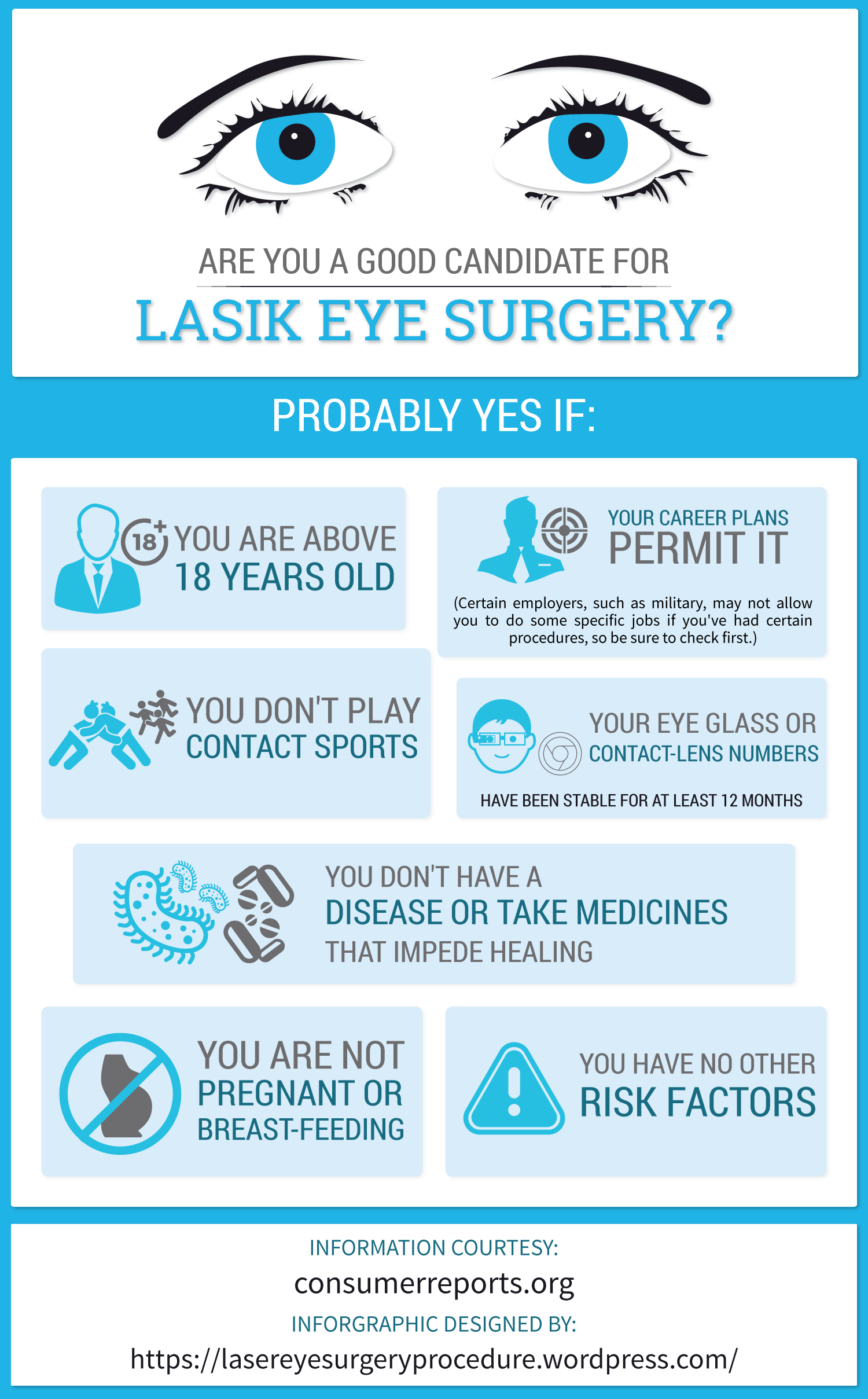Is SMILE Eye Surgical Treatment Right For You? Key Considerations And Insights
Is SMILE Eye Surgical Treatment Right For You? Key Considerations And Insights
Blog Article
Team Author-Frederiksen Thestrup
If you're contemplating SMILE eye surgical treatment, consider this: are you prepared to accept possible visual flexibility, or does the thought of any kind of risks make you think twice? Your choice will certainly rest on a mindful balance of evaluating the advantages versus the uncertainties. It's vital to dig much deeper right into the subtleties of SMILE surgery to make an enlightened option that lines up with your aesthetic goals.
Recognizing SMILE Eye Surgical Treatment
When taking into consideration SMILE Eye Surgical procedure, it's important to comprehend the procedure and its advantages. SMILE, which means Small Cut Lenticule Extraction, is a minimally invasive laser eye surgery that corrects common vision issues like nearsightedness (nearsightedness).
During the treatment, your eye specialist will use a femtosecond laser to develop a tiny cut in your cornea. With this incision, a small disc of tissue called a lenticule is removed, improving the cornea and correcting your vision.
One of the vital advantages of SMILE Eye Surgical procedure is its fast recuperation time. Lots of patients experience improved vision within a day or 2 after the treatment, with minimal pain.
Additionally, SMILE is understood for its high success price in providing long-lasting vision adjustment. Unlike LASIK, SMILE doesn't call for the creation of a flap in the cornea, reducing the risk of problems and enabling a much more secure corneal framework post-surgery.
Comprehending the procedure and its benefits is crucial when taking into consideration SMILE Eye Surgery for vision modification.
Pros and Cons of SMILE
Thinking About SMILE Eye Surgical procedure for vision correction comes with numerous advantages and possible disadvantages.
Among the main pros of SMILE is its minimally invasive nature, as it includes a tiny cut and typically leads to quick recuperation times. The procedure is also known for triggering very little pain and completely dry eye symptoms post-surgery compared to other vision correction techniques. Additionally, SMILE has actually been revealed to give exceptional visual end results, with several individuals accomplishing 20/20 vision or better.
On https://what-is-the-cost-for-lasi55554.develop-blog.com/35537933/eager-to-understand-even-more-concerning-cataract-surgery-reveal-the-realities-behind-prominent-myths-and-mistaken-beliefs-with-advice-from-an-ophthalmologist , a possible con of SMILE is that it may not appropriate for individuals with serious refractive errors, as the therapy array is somewhat limited contrasted to LASIK. Another factor to consider is that the learning curve for surgeons applying SMILE can influence the availability of seasoned companies in certain areas.
It's important to weigh these benefits and drawbacks thoroughly when deciding if SMILE is the best option for your vision adjustment demands.
Establishing Eligibility for SMILE
To identify if you're eligible for SMILE eye surgical treatment, your optometrist will certainly perform a detailed assessment of your eye wellness and vision requirements. Throughout this evaluation, aspects such as the stability of your vision prescription, the density of your cornea, and the general health of your eyes will be examined.
Typically, prospects for SMILE are over 22 years of ages, have a steady vision prescription for at least a year, and have healthy corneas without problems like keratoconus.
Your optometrist will additionally consider your overall eye health and wellness, any existing eye problems, and your lifestyle requires to figure out if SMILE is the appropriate option for you. click here for info to connect any details aesthetic demands or issues you might have during this analysis to guarantee that the therapy straightens with your assumptions.
If you aren't qualified for SMILE, your eye doctor might advise different vision correction options that much better match your specific requirements and eye health standing.
Final thought
Inevitably, determining whether SMILE eye surgical procedure is right for you calls for careful consideration of your individual eye wellness and aesthetic requirements. Seek advice from your eye doctor to determine your qualification for the treatment and consider the possible benefits and disadvantages. Bear in mind to interact any worries or questions you might have throughout the assessment procedure to make an informed decision about your vision adjustment choices.
